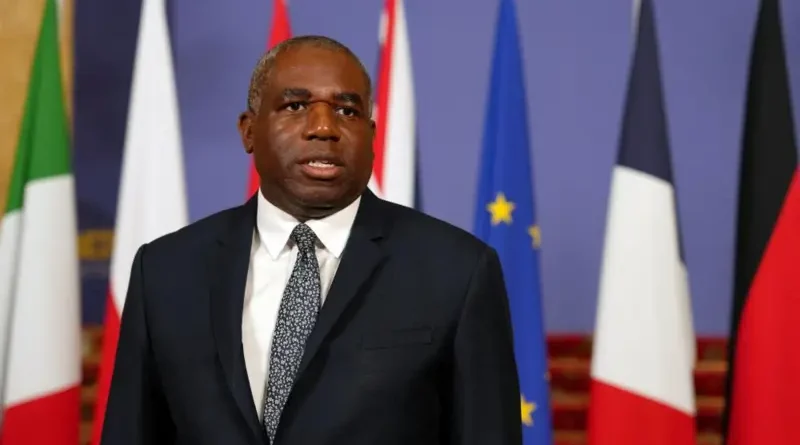UK Summons Russian Ambassador Over Kyiv Strikes
In a significant and public move underscoring deep international condemnation, the United Kingdom has officially summoned the Russian ambassador to the Foreign Office in London. The decisive action, confirmed directly by the new Foreign Secretary, David Lammy, comes as a direct response to a recent wave of brutal Russian missile strikes on the Ukrainian capital, Kyiv.
The attacks, which Foreign Secretary Lammy detailed in a social media statement, resulted in tragic civilian casualties, the destruction of residential homes, and significant damage to non-military infrastructure. Notably, buildings with strong symbolic ties to the UK and Europe, including the British Council building and the EU Delegation’s office in Kyiv, were hit. Lammy’s message was unequivocal: “We have summoned the Russian Ambassador. The killing and destruction must stop.” This act is far more than a procedural formality; it is a powerful piece of diplomatic theatre designed to convey the UK’s utmost displeasure at a state level.
But what does it truly mean when a nation decides to summon the Russian ambassador or any other top diplomat? In the intricate world of international relations, this is one of the most serious non-violent tools a government can deploy to express its fury short of expelling diplomats or severing ties entirely. The process involves sending a formal diplomatic note to the embassy of the concerned nation, requesting—though in practice, compelling—the ambassador to appear at the host country’s foreign ministry.
As former UK ambassador to Egypt, John Casson, explained to the BBC, the medium of the summoning is the message itself. It is a staged but profoundly serious ritual where every participant understands their role. The ambassador, representing their head of state, is seated across from high-ranking officials who deliver a robust and often public demarche—a formal protest outlining the host nation’s position and demands. This meeting is not for negotiation; it is for the direct and unambiguous transmission of anger and condemnation. The gravity of the situation is measured by the rank of the official who receives the ambassador; a meeting with the Foreign Secretary himself, as in this case, signals a matter of utmost priority and severity.
By choosing to summon the Russian ambassador, the UK government is therefore executing a critical diplomatic maneuver. It serves multiple purposes: it registers a formal protest on the record, demonstrates solidarity with Ukraine to both allies and the domestic public, and signals to Moscow that its actions are isolating it further from the international community. While the immediate outcome may not be a change in Russian policy, it reinforces a collective front of opposition and underscores that attacks impacting international entities will not be met with silence. This act of summoning is a clear testament to the UK’s continued stance against aggression and its use of diplomatic channels to uphold a rules-based international order.
Go To Main Page

